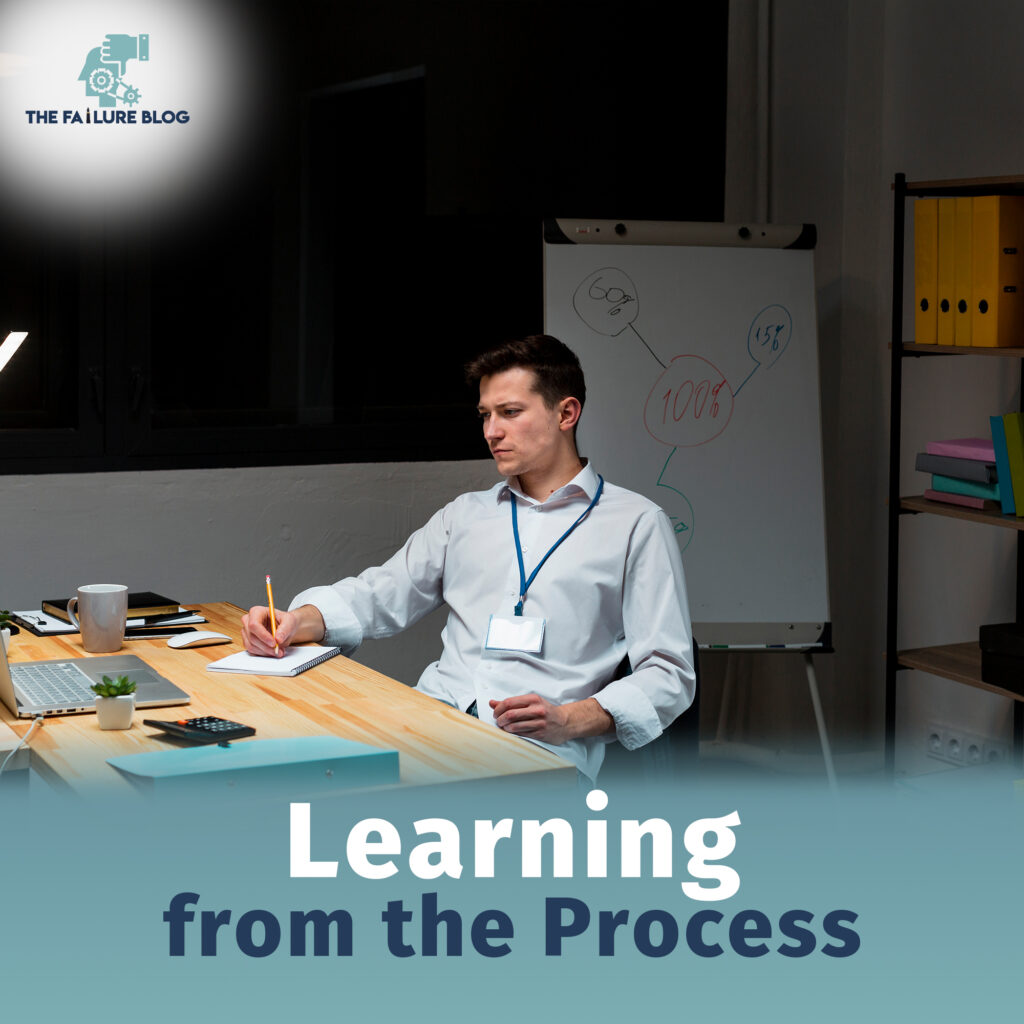
Failure often feels like a dirty word, but it’s time we shift our perspective. Falling short is not just a setback; it’s a profound learning opportunity. Let’s dive into how celebrating our missteps can pave the way for personal and professional growth.
Embracing the Stumble
When we fall short of our goals, it’s easy to slip into self-criticism. But here’s a twist: rather than viewing failure as a mark of inadequacy, consider it a chance to uncover hidden strengths and areas for improvement. For instance, Thomas Edison famously said, “I have not failed. I’ve just found 10,000 ways that won’t work.” His relentless experimentation, despite numerous setbacks, ultimately led to the invention of the light bulb. Each failure was a stepping stone toward his success.
Learning from the Process
Every time we miss a target, we gain valuable insights. These moments reveal what works and what doesn’t. For example, in a business setting, a product launch that doesn’t go as planned can provide a goldmine of data. Analyzing why the product failed to meet expectations can lead to better strategies, more effective marketing, and ultimately, a stronger product. Instead of just counting the cost of failure, it’s crucial to extract lessons from it. Research from the Harvard Business Review shows that organizations that embrace failure as a learning opportunity are more likely to innovate and succeed in the long run.

Building Resilience
Facing failure head-on builds resilience. Each setback strengthens our ability to cope with future challenges. It’s like muscle training for the mind. When we fall short and recover, we develop a stronger sense of perseverance and adaptability. A study published in the Journal of Personality and Social Psychology found that people who view failure as a growth opportunity tend to exhibit greater resilience and psychological well-being. This resilience can be invaluable in both personal and professional arenas.
Celebrating the Journey
Often, we focus so much on the destination that we overlook the value of the journey. Falling short gives us a chance to reflect on our progress and appreciate how far we’ve come. For example, an athlete who doesn’t win a race can still celebrate the rigorous training and dedication that led them to the starting line. Recognizing and celebrating these milestones, no matter how small, can boost motivation and foster a positive mindset.
Shifting Perspectives
Reframing failure as a positive experience can transform how we approach challenges. Instead of seeing falling short as a dead end, we can view it as a detour on the path to success. This shift in perspective allows us to approach future goals with renewed energy and creativity. According to a study published in the Journal of Experimental Social Psychology, individuals who reframe failure positively are more likely to persist in their efforts and achieve their objectives.
Learning from Others
Success stories are often accompanied by tales of failure. Learning about how others navigated their setbacks can provide inspiration and practical advice. For example, J.K. Rowling faced numerous rejections before “Harry Potter” was published. Her story illustrates how perseverance and learning from rejection can lead to extraordinary success. By studying the journeys of others, we can gain insights into overcoming our own challenges and celebrating the lessons learned along the way.
Cultivating a Growth Mindset
Falling short is a key component of developing a growth mindset. This mindset encourages us to see abilities and intelligence as malleable rather than fixed. Carol Dweck, a renowned psychologist, emphasizes that individuals with a growth mindset are more likely to embrace challenges, learn from criticism, and persist through difficulties. When we celebrate the lessons from falling short, we reinforce this mindset and open ourselves to continuous learning and improvement.
The Power of Reflection
Reflection is a crucial part of learning from failure. Taking time to analyze what went wrong and what can be improved allows us to make informed adjustments and avoid repeating mistakes. Journaling or discussing setbacks with a mentor can help clarify insights and strategies for future endeavors. Research from the American Psychological Association highlights that reflective practices can enhance self-awareness and promote personal growth.

Embracing Vulnerability
Acknowledging and celebrating our failures requires vulnerability, which is often seen as a weakness. However, embracing vulnerability can lead to greater authenticity and deeper connections with others. Brené Brown, a research professor and author, argues that vulnerability is essential for building trust and fostering meaningful relationships. By sharing our struggles and celebrating the lessons learned, we create an environment where growth and learning are valued over mere success.
Moving Forward
Falling short provides a unique opportunity to recalibrate our goals and strategies. It forces us to reassess our approach and make necessary adjustments. This process of course correction is vital for long-term success. As the saying goes, “Success is not final, failure is not fatal: It is the courage to continue that counts.” Embracing the lessons from falling short enables us to move forward with greater wisdom and determination.





Leave a Reply